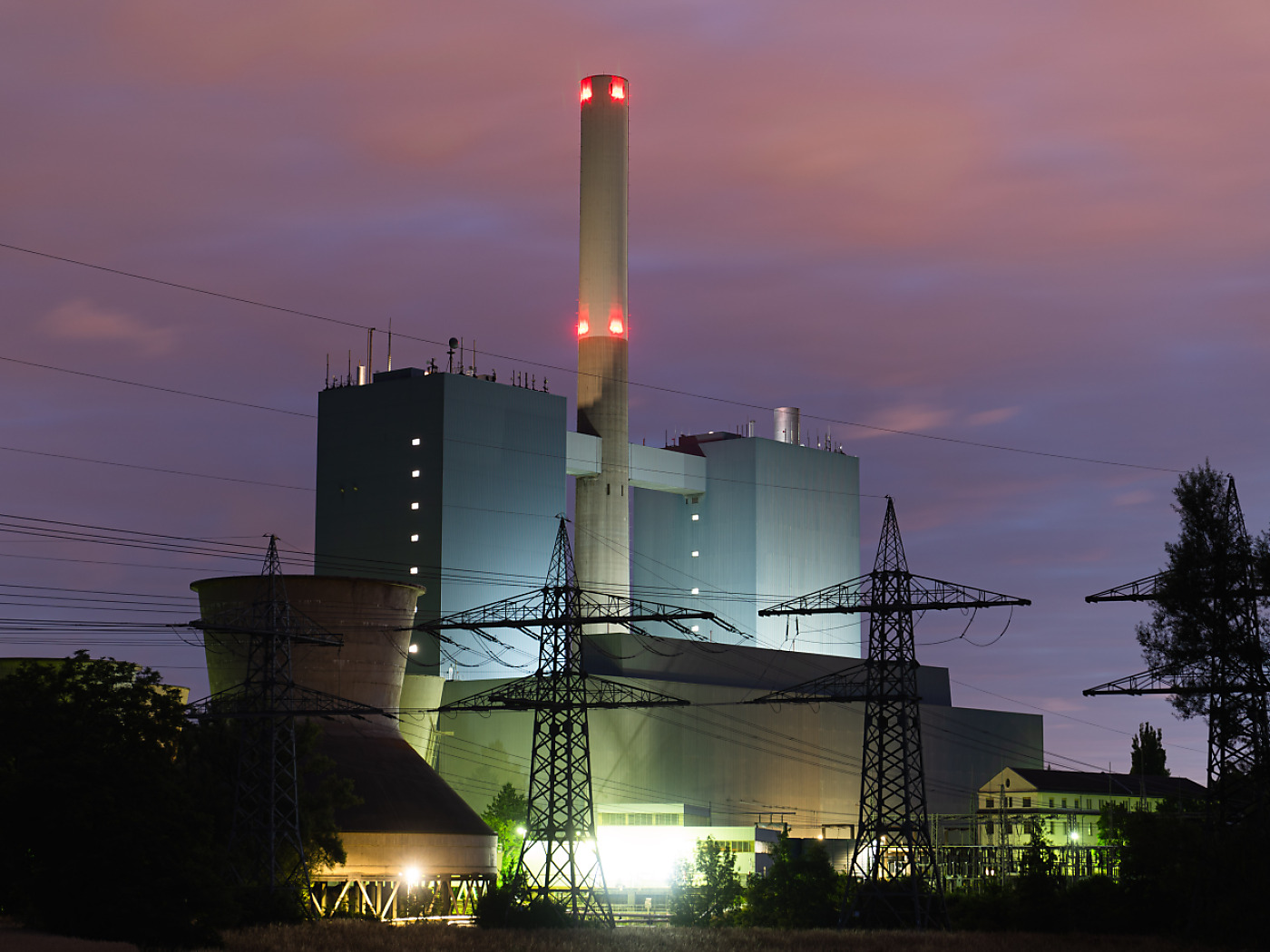
Switzerland supports three gas-fired power plants abroad

Swiss Export Risk Insurance (SERV) is now insuring three gas-fired power plants abroad, two of them in Vietnam and one in Turkmenistan.
+Get the most important news from Switzerland in your inbox
The State Secretariat for Economic Affairs (SECO) confirmed corresponding information in the Tamedia newspapers on Monday to the Swiss News Agency Keystone-SDA.
The sum insured for the three gas-fired power plants amounts to a total of CHF520 million ($590 million), Tamedia said. However, the fact that the plants emit eight million tonnes of CO2 per year – the one in Turkmenistan five and the other two in Vietnam a total of three million CO2 – is far more worrying. This corresponds to around 20% of Switzerland’s greenhouse gas emissions, it said.
This can be seen as problematic because Switzerland pledged at the Glasgow Climate Conference at the end of 2021 that it would no longer favour companies that implement oil, coal or gas projects abroad.
+ Switzerland needs energy, but what kind?
‘Careful consideration required’
In response to an inquiry, SECO wrote that Switzerland is indeed trying to implement the Glasgow Declaration in the area of service. However, there may be conflicts of interest in individual cases that require careful consideration. SERV will certainly no longer insure projects based on coal, oil or peat, SECO said.
SECO also said that gas-fired power plants remained important for a more climate-friendly energy supply and economic progress in developing and emerging countries. This is particularly the case if the power plant in a country contributes to a significant reduction in CO2 emissions by eliminating the need for coal or oil-fired power plants.
It also pointed out the two overarching legal objectives of SERV: to create and maintain jobs in Switzerland and to promote exports from Swiss companies.
According to Tamedia, the general contractor Calik Enerji Swiss AG in Lucerne and the company General Electric Global Parts & Products in canton Aargau are set to benefit from the projects.
Translated from German by DeepL/ts
This news story has been written and carefully fact-checked by an external editorial team. At SWI swissinfo.ch we select the most relevant news for an international audience and use automatic translation tools such as DeepL to translate it into English. Providing you with automatically translated news gives us the time to write more in-depth articles.
If you want to know more about how we work, have a look here, if you want to learn more about how we use technology, click here, and if you have feedback on this news story please write to english@swissinfo.ch.

In compliance with the JTI standards
More: SWI swissinfo.ch certified by the Journalism Trust Initiative

























You can find an overview of ongoing debates with our journalists here . Please join us!
If you want to start a conversation about a topic raised in this article or want to report factual errors, email us at english@swissinfo.ch.